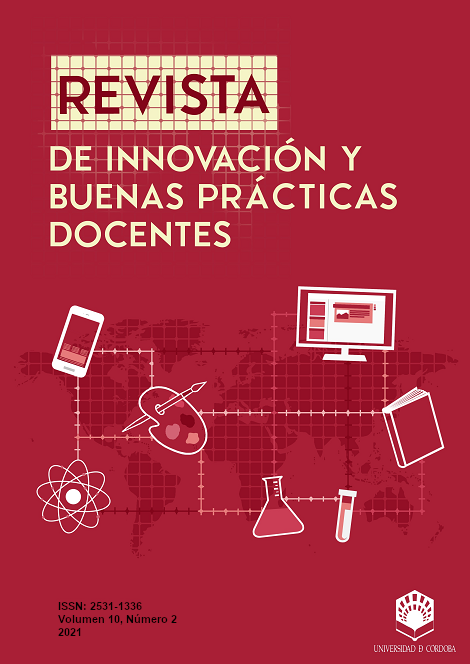Impact of COVID-19 on Higher Education. A case study of Uzbekistan
Main Article Content
Abstract
Purpose – To identify the main challenges experienced at local Higher Educational Institutions by students while studying online during the pandemic. The research will find out the difficulties faced, and detect the areas to improve in further implementation of distance education in the country.
Motivation - Only about 11% of applicants have been accepted to High Educational Institutions in Uzbekistan for the last two years. The integration and development of distance learning will create opportunities for more young and middle-aged people who do not have enough resources to study in a traditional way. Due to the pandemic, all the educational institutions had to transfer into the online teaching system. This unexpected situation made both teachers and students of Uzbekistan face the challenges. At the same time, it created an opportunity to experience remote teaching and learning, which can become a groundwork on approval and application of distance education in Uzbekistan.
Design/Methodology/Approach – Quantitative type of research was implemented. The questionnaire was designed and the students who experienced remote learning during the pandemic at least for one semester were invited to participate.
Implications – The results of the research can be implied to develop educational policy in the Higher Education system of Uzbekistan. The outcomes of surveys were analyzed to understand how the findings can be implemented in the Higher Education of Uzbekistan. Moreover, the conclusions of the research may constitute recommendations for decision-makers in the field of higher education (rectors and dean's authorities of universities).
Downloads
Article Details
Las obras que se publican en esta revista están sujetas a los siguientes términos:
1. UCOPress. Editorial Universidad de Córdoba conserva los derechos patrimoniales (copyright) de las obras publicadas, y favorece y permite la reutilización de las mismas bajo la licencia de uso indicada en el punto 2.
© UCOPress. Editorial Universidad de Córdoba
2. Las obras se publican en la edición electrónica de la revista bajo una licencia Creative Commons Reconocimiento-NoComercial-SinObraDerivada 4.0 España (texto legal). Se pueden copiar, usar, difundir, transmitir y exponer públicamente, siempre que: i) se cite la autoría y la fuente original de su publicación (revista, editorial y URL de la obra); ii) no se usen para fines comerciales; iii) se mencione la existencia y especificaciones de esta licencia de uso.
3. Condiciones de auto-archivo. Se autoriza a los autores a difundir el autoarchivo de los artículos en su versión post-print (versión editorial) , incluyendo un enlace a la página de la revista e indicando el modo de citación completo del trabajo.
Se declara además haber respetado los principios éticos de investigación y estar libre de cualquier conflicto de intereses.

